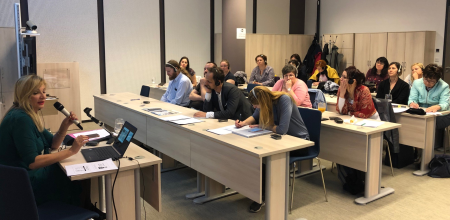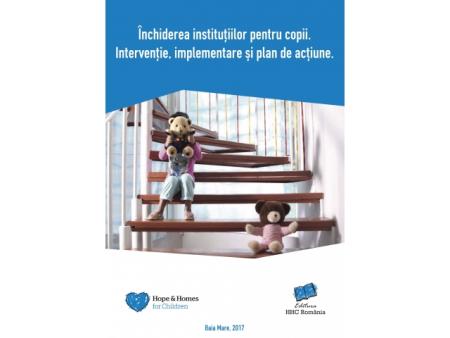
This organization provides a pan-European platform which emphasizes on the strengthening of familial units and the elimination of institutional care. Furthermore, this organization seeks to act in unison with the global human rights organization, Mental Disability Advocacy Center, where the objective of this organization is to advocate on the behalf of the country-wide abolishment of such institutions in Hungary.
A published report outlined the observations of conducted investigations performed in the Tophaz Special Home, a large-scale care home for children and adults living with disabilities, and is furthermore located in the town of Göd, in Hungary.
After perpetual refusal of permission to perform investigations of the home, MDAC human rights observers noted the horrific conditions prevalent within the parameters and operations of the institution, such as the utilization of torture and unusual treatment toward these children. Steven Allen, the Campaign Director of MDAC, had adhered to the belief that the unlawful and ill treatment endured by residents of the facility, is the product of systematic injustices.
Through the statements featured in this article, there are legitimate concerns over the physical and mental wellbeing of these residence. Furthermore, the conducted investigations had provided substance to the claims of resident deprivation of some of their most basic needs, especially through the operations carried out through an insufficient and out-dated medical model. In addition to this, the failure of this institution to adhere to the standards outlined in the United Nations' Convention of the Rights of the Child further exacerbates the issues at hand. Coinciding with all of this, is the falsified ideology that children with disabilities are more safe in the care of such institutions, rather than at their homes, surrounded and assisted by their loved ones. This common practice results in the heighten risk of abuse and neglect of such children.
In Belgium, children living with disabilities unfortunately front inequality and discrimination within public care, while countries such as Bosnia and Herzegovina, Greece, and Serbia, where youth living with disabilities are furthermore deprived in life opportunities, due to enclosed policies that are practiced by such institutions. The numbers provide a concerning narrative, for in Poland, among the 50,308 children situated in institutions, 25,170 are living with disabilities. In Serbia, 60% of children in institutional care, are living with a disability, while nearly this entire bracket is deprived from obtaining an education. In regards to Ukraine, it is statistically proven that there is an inadequate number of imperative resources made available to the residence of the 400 institutions present in the country, for there is a mere 1% of psychologists, coinciding with speech therapists that amount to less than 2% and an alarming 0.01% of occupational therapists present to the avail of these children.
In order to overcome such obstacles, it is imperative to enact four strategies:
- Smaller scale political commitment to initiate change
- Adequate funding to finance development costs outlined in national plans on de-institutionalization
- Knowledge on implementation of relevant reforms and to ensure the incorporation of a sustainable framework
- Involvement of civil society in the enactment of reform services and in the assurance that the voices of children are being properly expressed and heard














